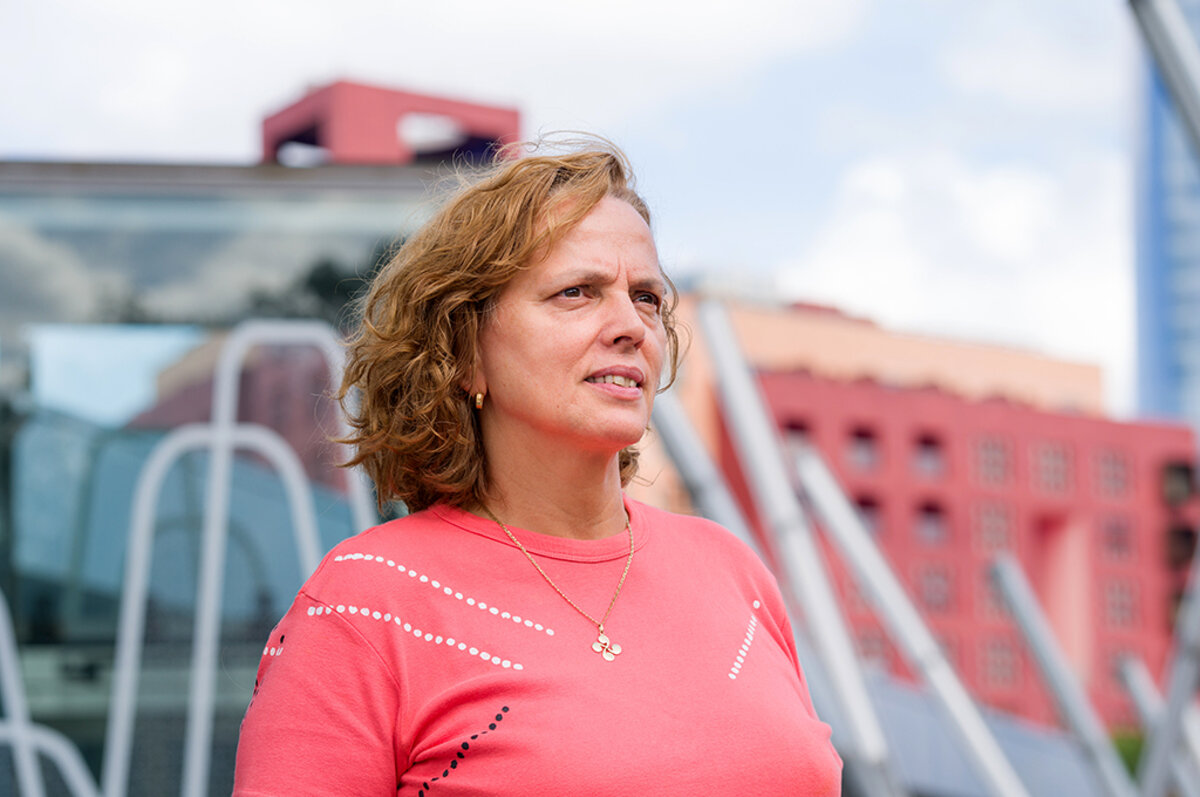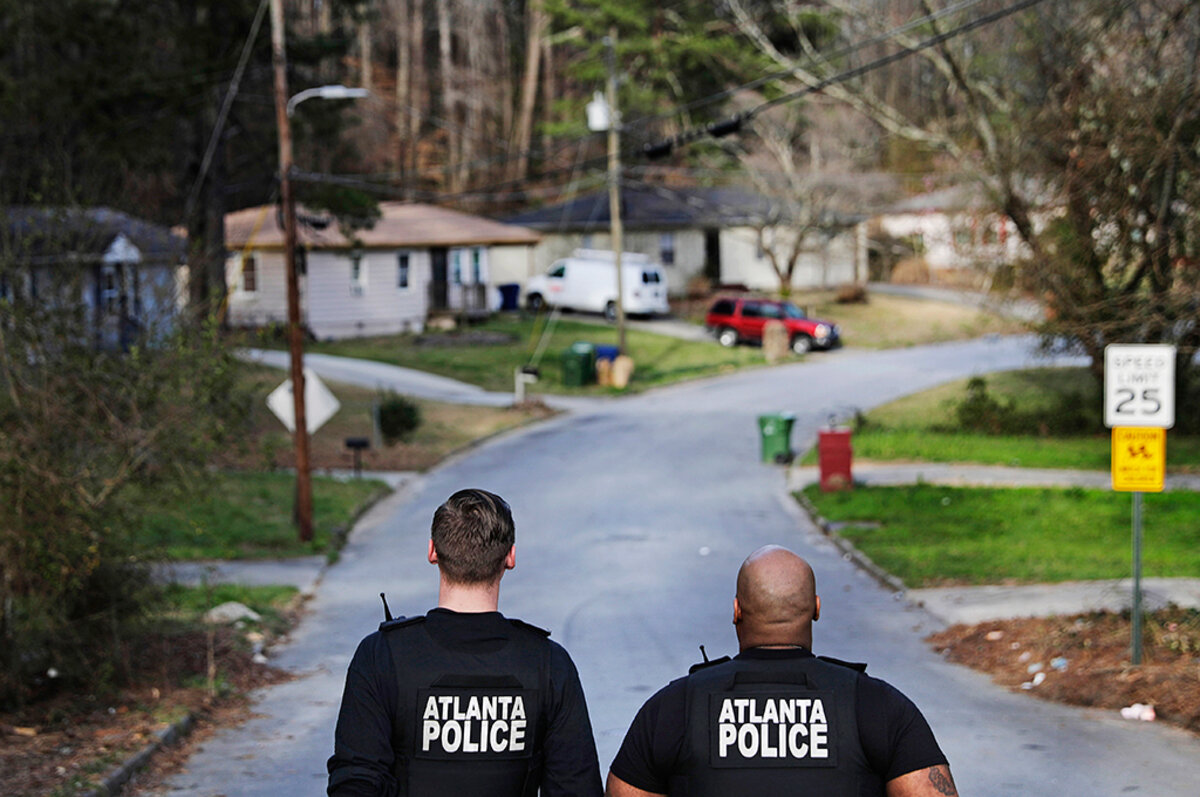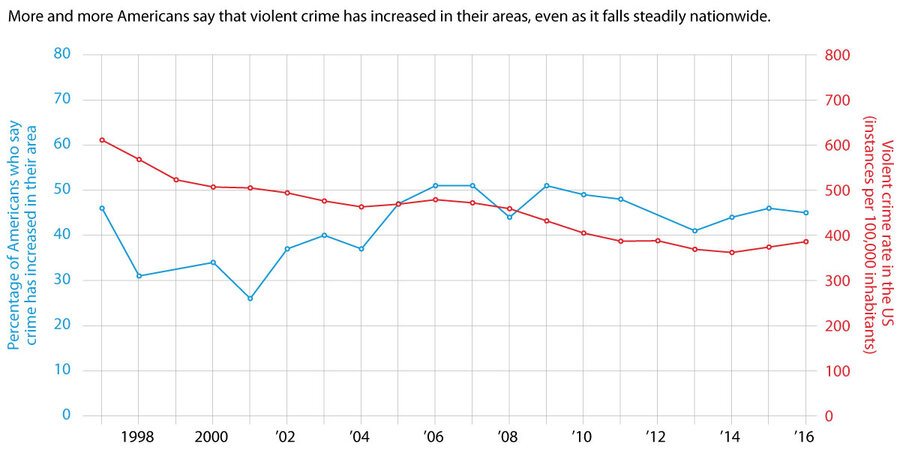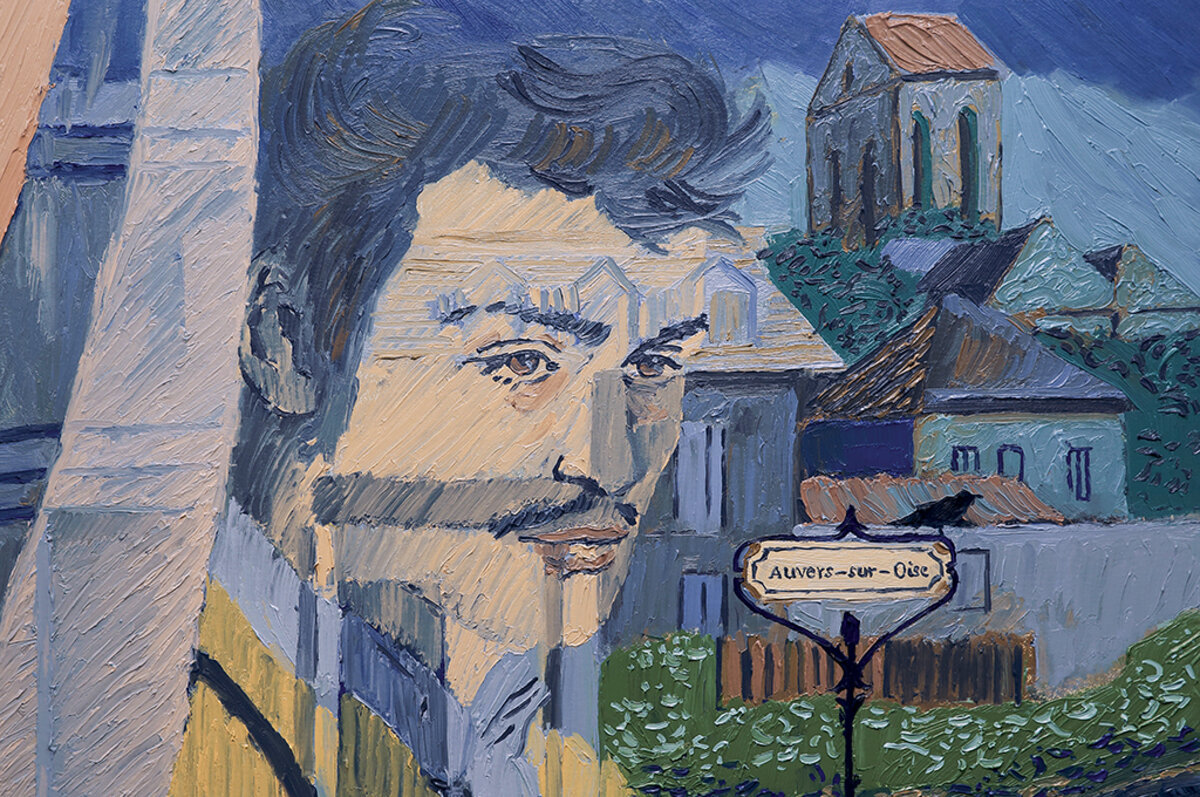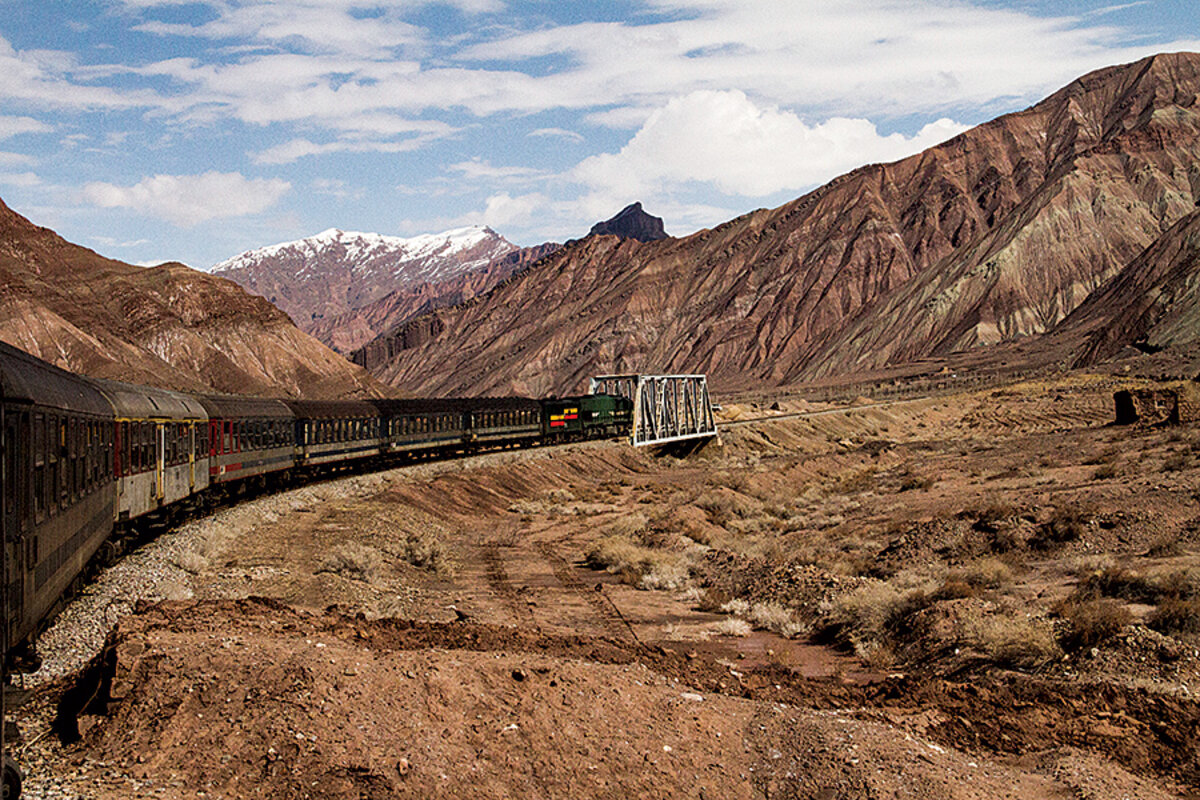In a region that waged a decades-long struggle for the kind of independence that citizens in another Spanish region hope to vote on this Sunday, autonomy has proved to be a workable compromise.
Monitor Daily Podcast
- Follow us:
- Apple Podcasts
- Spotify
- RSS Feed
- Download
 Clayton Collins
Clayton Collins
On Thursday, my colleague Yvonne Zipp laid out some ways to help the residents of Puerto Rico.
Besides facing food and water shortages – which could be alleviated by the White House’s move to waive a law limiting shipping to US ports by foreign vessels – some 3.4 million Puerto Ricans remain without electricity.
The island’s power grid was notoriously fragile even before Maria took it out. Some experts are already calling for the burying of power lines in advance of next season’s storms. Some recommend heavy investment in microgrids.
How hard is it to “build back better”?
In 2014, after a typhoon raked the Philippines, the Monitor’s Peter Ford went to Tacloban to size up the prospects of doing that there. I asked him last night for a quick follow-up.
“I talked to Prof. Pauline Eadie of Nottingham University, who has studied Tacloban since the Haiyan typhoon,” Peter said. “She says they have ‘not built back better, they have built back the same’ and, in some cases, worse.”
Utility hookups have been slow because of political squabbling. Water, for example, is controlled by a neighboring municipality under the control of a rival political party. There have been gross inefficiencies. “NGOs did not coordinate,” Peter’s source told him, “so there is a surplus of fishing boats now. They all handed them out whether needed or not.”
In Puerto Rico, success might be less about grand infrastructure projects – Google “Tren Urbano” for one that some suggest helped the island go bankrupt – than about an approach that is equitable, one that includes local input and vision.
Now to our five stories for your Friday, ones that show compromise, understanding, and respect in action.




